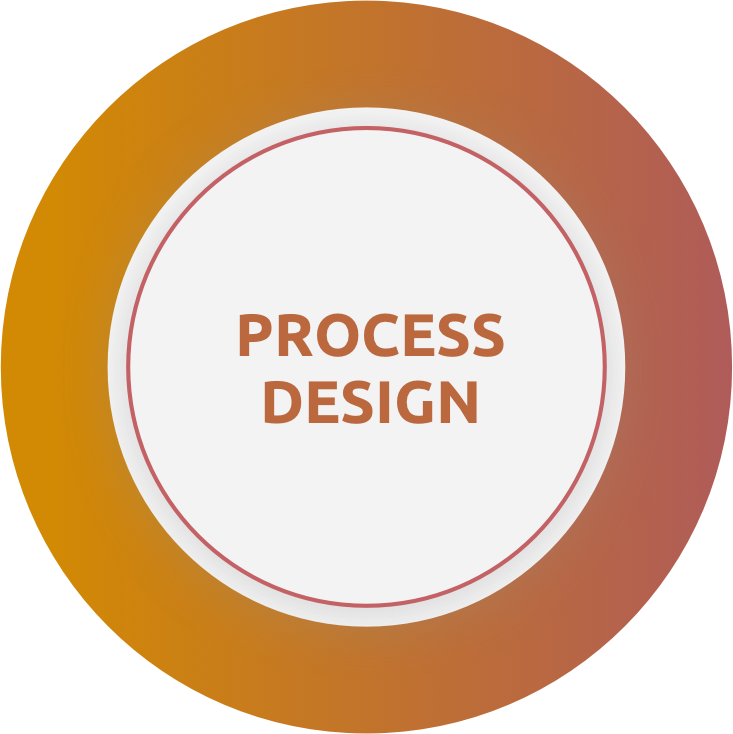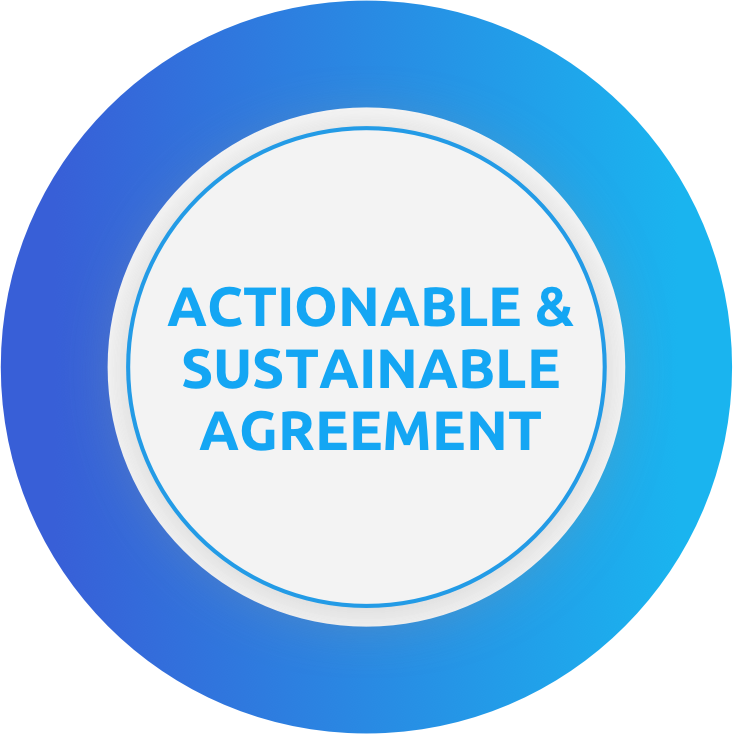Approach
When Podziba Policy Mediation designs and implements mediation processes, unique solutions emerge through sustained productive negotiations that contain parties’ inevitable clashes of will, perspective and values. PPM discerns personal, political, cultural and societal dynamics to assist clients in the design of uniquely tailored outcome-based processes to match situational challenges. Awareness of these dynamics enables PPM to initiate and sustain deliberative negotiations to build actionable agreements. Key elements of policy mediation process are the assessment, process design, negotiations, and outreach and consultations.
Process Design
All civic fusion processes share basic building blocks: negotiations, outreach and consultations, trusted information, and, ultimately, a written product --but each design is unique. PPM tailors the overall process design and each of its components to the specific characteristics of the situation including perceived barriers to resolution.
Assessment
Complex problems require careful analysis to tease apart conflicts of confusion, actual issues and interests in dispute, affected stakeholders, and relevant situational dynamics. The information and dynamics identified during assessment interviews inform the process design and support deliberative negotiations.
Mediated Negotiations
PPM mediates negotiations to encourage deliberative discussions that are rooted in the collective wisdom of representatives from government, industry, and civil society even as they are bounded by uncomfortable realities such as resource constraints and power differentials. Parties develop and assess options, identify opportunities for mutual gain and trade off on issues valued differently among stakeholders. PPM encourages negotiators to reflect on assumptions and positions, broaden perspectives, and refine innovative ideas to integrate stakeholder interests into actionable agreements.
Outreach and Consultation
Outreach and consultation is linked to the question of who, in addition to representative negotiators, must participate to ensure an agreement will be actionable. Process mechanisms are created to generate and integrate additional input into the deliberations and decisions.
Actionable & Sustainable Agreement
Conflicts often deepen with a lack of good information or when people rely on biased information to support their positions. Because innovative solutions emerge from increasingly nuanced understandings of complex issues, well-informed negotiators are more likely to reach agreements. PPM works to identify sources of trusted information and develop mechanisms for exploring diverse perspectives on controversial issues.



